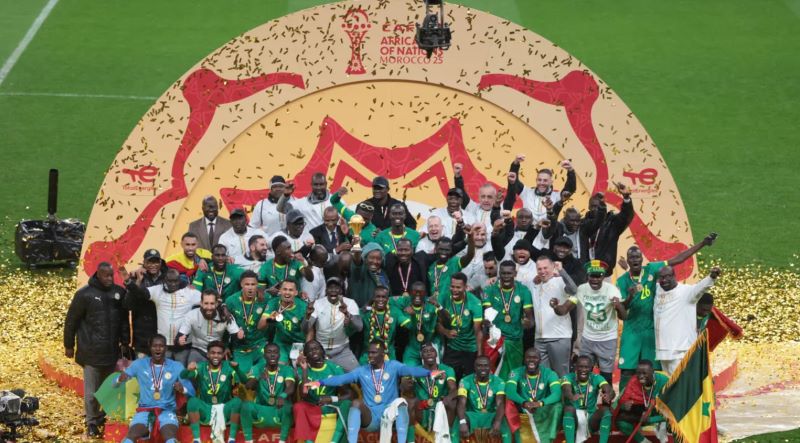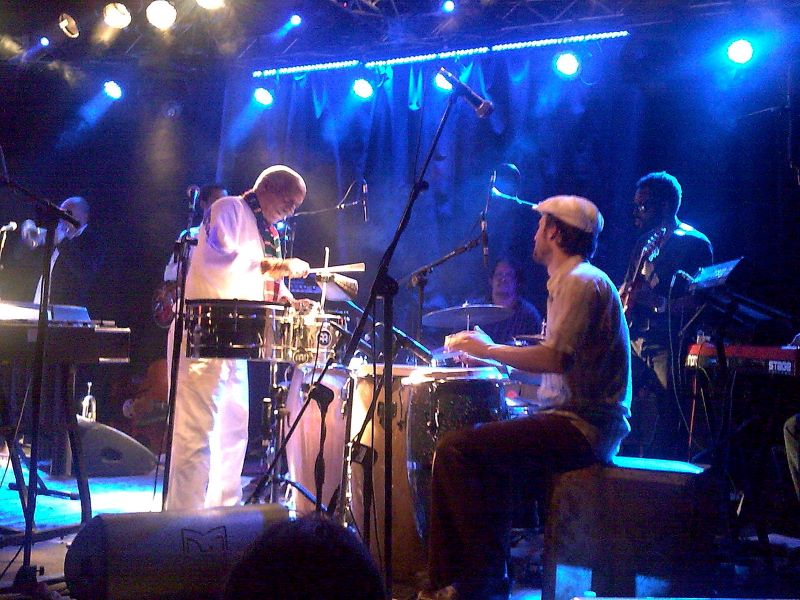A Man from Gogo Tribe singing while playing zeze, a Tanzanian string instrument. Source: Wikimedia Commons
Around the great lakes of East Africa lies the beautiful country of Tanzania. This country with its rich wildlife and breathtaking landscapes along with its rich cultural heritage is home to about 120 distinct tribes and ethnic groups.
Whether it is the Massai tribe, the Chagga tribe, the Zanzibari Arabs, the Datoga tribe, or the Hadzabe tribe amongst many others, all call Tanzania home, and each group has its unique customs, traditions, and history.
Through their various cultural rites, artwork, music, and traditional storytelling passed on from generation to generation, the Tanzanian people have continued to preserve their heritage and traditions.
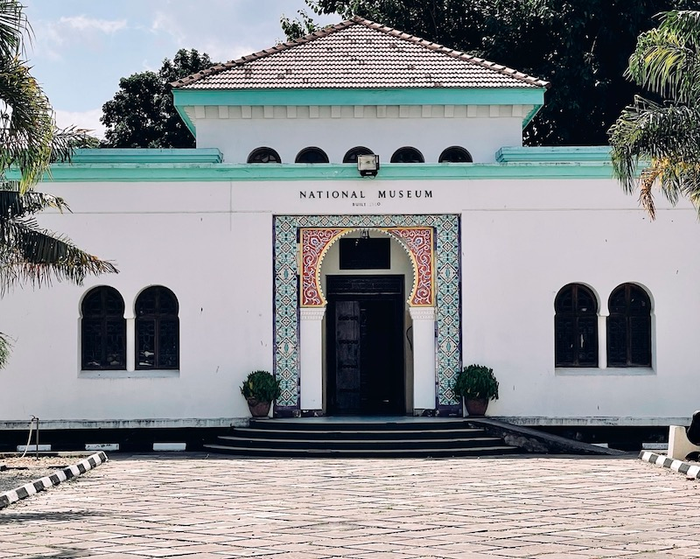
Image: National Museum of Tanzania. Source: Wikimedia Commons
Several other initiatives have also been taken to preserve the heritage of the Tanzanian tribes. One such effort is the National Museum of Tanzania (NMT) which was established in 1934.
Supervising several heritage sites as well as being tasked with broadcasting the cultural and natural heritage of the country through educative programs, exhibitions, and print and electronic media publications, the National Museum of Tanzania became a corporate body under the National Museum Act No.7 of 1980. As an institution, the Museum is continually expanding its services all across the country.
Located in the city of Dar es Salaam, it is the largest and oldest museum in the country. The museum is home to several archaeological relics along with expositions of the culture and history of Tanzania.
Traditional musical instruments intricately carved wooden masks, and tribal adornments can all be found within the museum. Visitors are regularly educated and provided a comprehensive overview of Tanzanian’s history and culture thereby promoting a deeper understanding of the people.
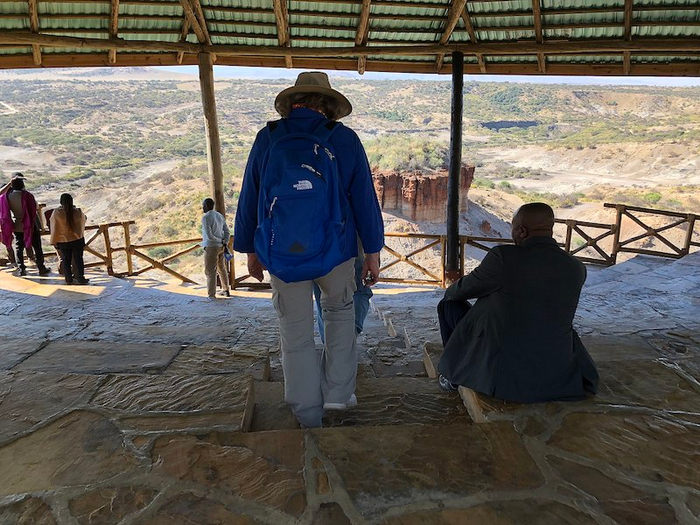
Viewing platform of the Gorge at Olduvai Gorge Museum. Source: Wikimedia Commons
Aside from the National Museum of Tanzania, the country also houses an additional 20 or more museums scattered all over the region.
One such museum is the Olduvai Gorge Museum in Northern Tanzania. Founded by the British paleoanthropologist Mary Leakey, the museum is positioned within the Olduvai Gorge, which is a paleoanthropological site around the Serengeti Plain. This site is famous for it is where some of the earliest evidence of human evolution was discovered especially the remains of Homo Habilis (Handy Man) and Homo erectus (Upright Man).
The Olduvai Museum displays these momentous discoveries thereby offering a glimpse into the lives of the early human ancestors, the tools they applied in their daily activities, and how they lived.
Asides museums, Tanzania also uses cultural centers and a tool for promoting the different heritage of Tanzania.
These centers serve as educative platforms for visitors to experience Tanzanian culture by getting a glimpse of the various traditional practices, music, dance, and craftsmanship.
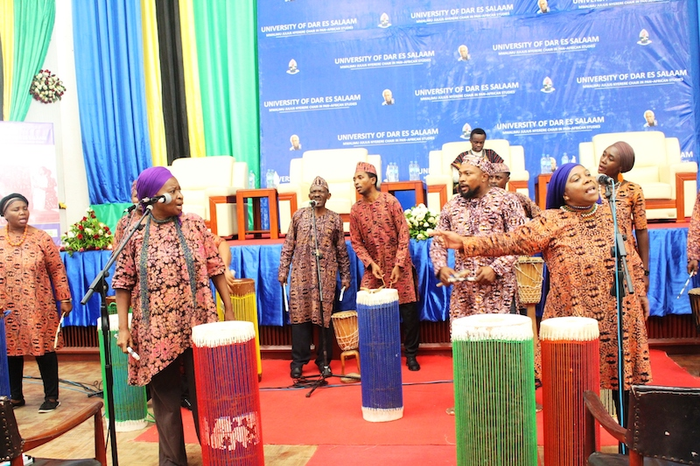
Musical performance at Bagamoyo Arts and Cultural Institute. Source: www.tasuba.ac.tz
One of such places is the Bagamoyo Arts and Cultural Institute (Taasisi ya Sanaa na Utamaduni Bagamoyo, TaSUBa). The center was established to foster the growth of the Tanzanian arts and culture. The institute is committed to ensuring that the artistic traditions of the Tanzanian people continue to flourish by preserving all traditional artworks while offering an educative platform for students to gain knowledge of the various tribes in Tanzania.
In Zanzibar, the Dhow Countries Music Academy (DCMA) is committed to preserving the music of the Dhow Region. The region is a thriving fishing community that has a long history of trade and cultural exchanges. Established in 2002, the academy teaches traditional music to students ensuring the continuation of the musical heritage of the region and country. Courses on different traditional musical instruments such as the oud, n’goni are offered at the Institute.
Museums and cultural centers in Tanzania have remained veritable tools in preserving the rich heritage of the country and ensuring that these legacies are carried on into future generations.

Okechukwu Nzeribe works with the Onitsha Chamber of Commerce, in Anambra State, Nigeria, and loves unveiling the richness of African cultures. nextquestservices@gmail.com




